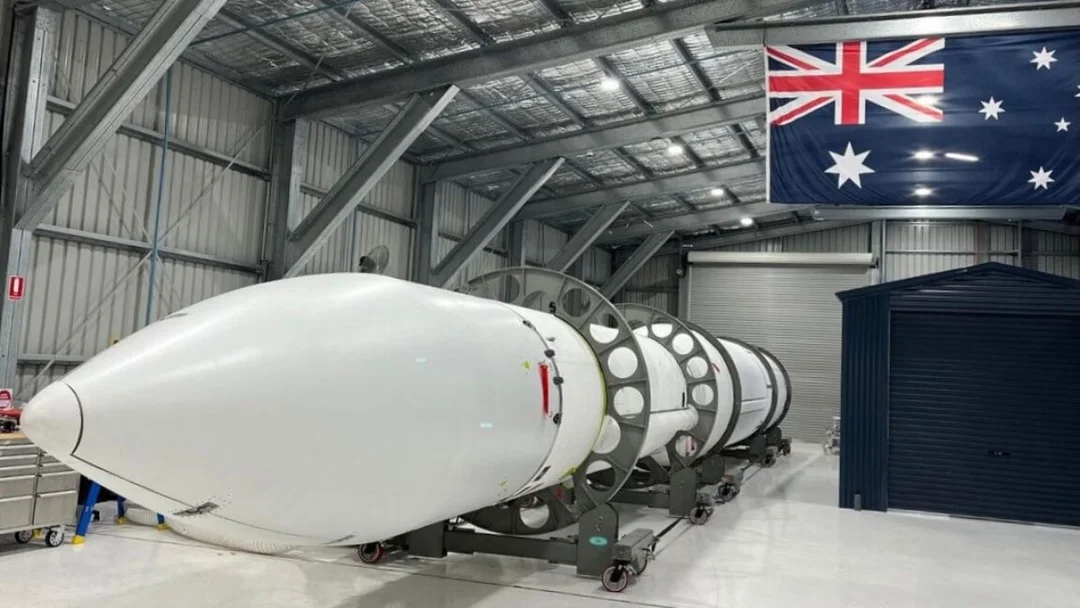
Australia Enters the Space Race: Gilmour Space’s Eris Rocket Poised for Historic Launch
Australia is on the verge of a monumental achievement in space exploration as Gilmour Space Technologies prepares for the inaugural launch of its Eris rocket. This Australian-designed and manufactured orbital rocket aims to lift off from the Bowen Orbital Spaceport in northern Queensland, potentially marking the first time a sovereign-built vehicle has reached orbit from Australian soil. After a series of delays, including one due to Tropical Cyclone Alfred, the launch is now targeted for May 15th (Australian time), with a 10-hour launch window opening at 5:30 p.m. EDT (2130 GMT). This event is not only a testament to Australia's growing capabilities in space technology but also a significant step toward establishing a domestic space industry.

Gilmour Space, founded in 2012 by brothers Adam and James Gilmour, has rapidly grown into a team of over 200 employees, primarily engineers and technicians. The company has secured approximately $90 million in funding, which has fueled the development of both the Eris rocket and the Bowen Orbital Spaceport. Adam Gilmour emphasized the importance of this test flight, stating, "Whether we make it off the pad, reach max Q, or get all the way to space, what's important is that every second of flight will deliver valuable data that will improve our rocket's reliability and performance for future launches."
The Eris rocket itself is a three-stage vehicle, standing 82 feet (25 meters) tall and designed to deliver up to 474 pounds (215 kilograms) to sun-synchronous orbit. The first stage is powered by four Sirius engines, a proprietary hybrid engine utilizing 3D-printed solid fuel and a Hydrogen Peroxide liquid oxidizer. A successful launch would mark another first – the first orbital launch for a hybrid rocket design.

Getting to this point hasn't been without its challenges. The launch was initially scheduled for March but was delayed due to Tropical Cyclone Alfred. More recently, an "issue in the ground support system" caused a 24-hour postponement. Regulatory approvals also posed a hurdle. Despite these obstacles, Gilmour Space has persevered, securing necessary licenses from Australia's Civil Aviation Safety Authority (CASA) and the Australian Space Agency.
This upcoming launch holds immense historical significance. Only two successful orbital launches have previously been conducted from Australia, the first in November 1967 when Australia became the third country to launch a satellite into orbit from its own territory. A successful mission for Eris would mark a revival of Australia's orbital launch capabilities after more than half a century.

Beyond the immediate launch, Gilmour Space has ambitious plans for the future. They are developing their own satellite platform and are working on a Block 2 version of Eris with enhanced performance. The company also has commercial agreements in place with operators of orbital transfer vehicles and is contracted with Australia's Department of Defence to develop a sovereign surveillance satellite.
The launch of Gilmour Space's Eris rocket represents not just a technological achievement, but a pivotal moment for Australia's space industry. Will Eris successfully reach orbit, and what impact will this have on the future of space exploration in Australia? Share your thoughts and predictions in the comments below!